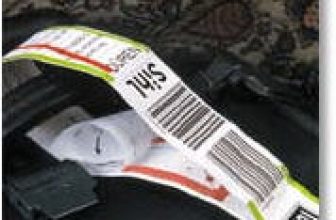
Asia Pacific Airlines tries to use RFID technology to maintain the air transport market
[ad_1]
In order to maintain the air transport market during the global economic downturn, some Asian Pacific airlines are considering using RFID to improve efficiency, reduce waste and enhance safety.
According to Frost & Sullivan, in 2008, more than 20 Asian Pacific airlines filed for bankruptcy. The industry lost 180,000 jobs and lost 5.8 billion U.S. dollars. It is estimated that in 2009, it will lose 2.5 billion U.S. dollars.
Some airlines hope that RFID can help them find a way out. RFID has been proved to be cost-effective in handling baggage in some pilot projects carried out by some major airlines (including American Airlines and Delta).
Frost & Sullivan’s recent Asia-Pacific RFID market report stated that the total market sales in 2008 reached 27.3 billion U.S. dollars and is expected to reach 188.3 billion U.S. dollars in 2015.
However, due to the recent tightening of bank credit, some airlines are hesitant to adopt RFID technology because it is costly to install an RFID baggage handling system that can be successfully integrated with existing barcode systems
According to Frost & Sullivan research analyst Richard Sebastian, in addition to baggage handling, airlines can find more RFID applications. “RFID can be used to detect a variety of environmental parameters, such as temperature, humidity, and vibration, thereby improving the application of this technology. Possibility in the aviation industry”.
[ad_2]




